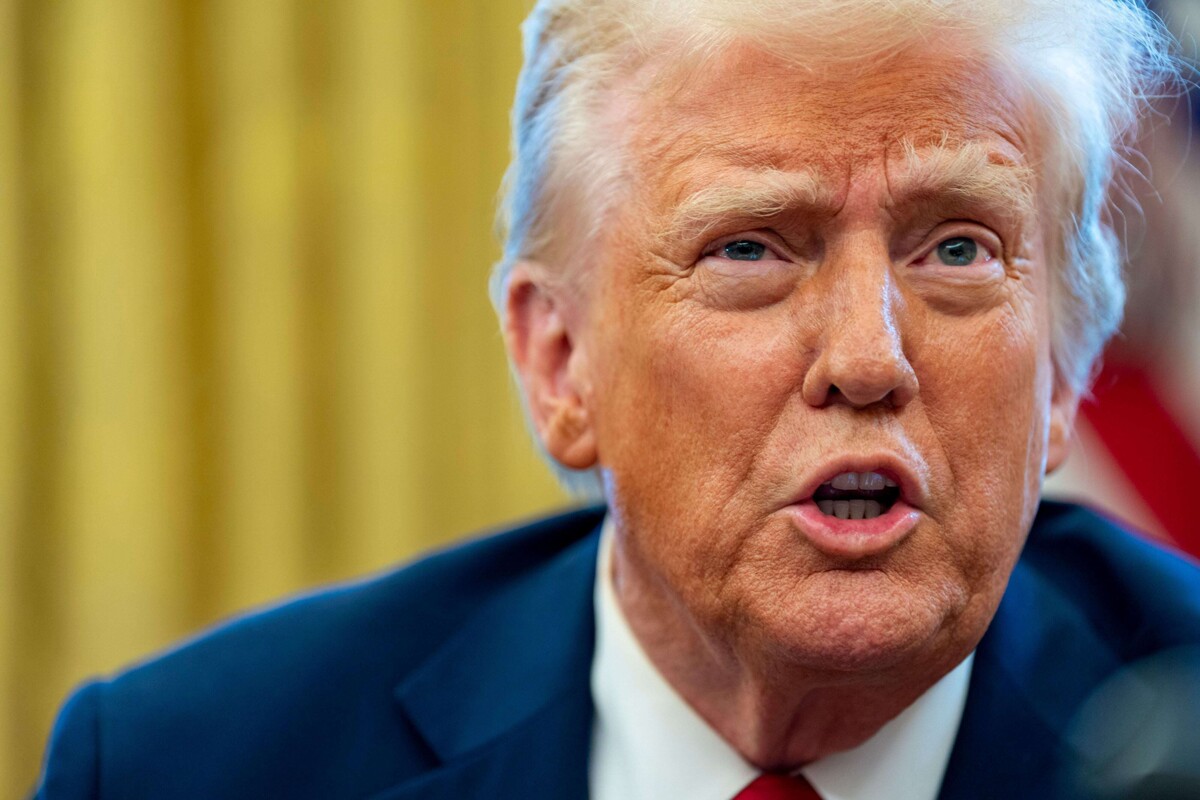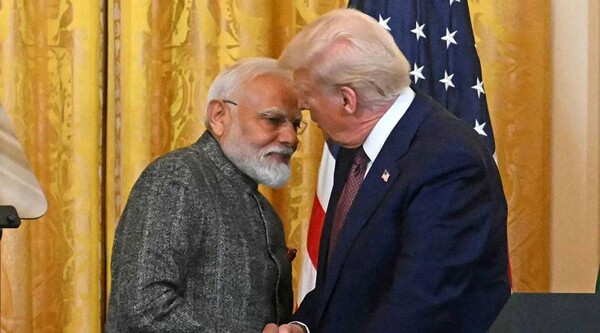
The President of the United States, Donald Trump, reaffirmed the imposition of a 25 percent tariff on imports from Mexico and Canada for next Saturday, February 1. He argued that both countries have gained unfair advantages in bilateral trade. In a press conference in the Oval Office, Trump justified the measure with three main reasons: illegal immigration, drug trafficking, and the persistent trade deficit of the United States with its neighbors.
"We will impose tariffs on Canada and Mexico for several reasons. We have very large deficits with those countries," emphasized Trump, suggesting that tariffs could increase if Mexico and Canada do not respond favorably to his demands. When asked if oil would be included in these measures, Trump initially dismissed the possibility, although he left the option open depending on market conditions.
In the agricultural sector, flagship products like Mexican avocados are already showing signs of weakening, with a reduction in their market share to 80 percent for the upcoming Super Bowl.
Guillermo Barba, an economist at Top Money Report, considered that Trump's strategy only seeks to pressure Mexico and Canada, which would mean the tariffs would last a short time. "A 25 percent tariff would generate strong inflationary pressure in the U.S.; it would be unsustainable in the long term," he said.
From the private sector, there is support for the government to respond firmly and united from Mexico to the imposition of tariffs by the United States on Mexican products. Coparmex pointed out that the measure affects the economic stability of the region, puts the achievements of the USMCA at risk, and threatens millions of jobs from the trilateral relationship.
In this context of increasing U.S. protectionism, Sergio Díaz-Granados, CEO of CAF, Development Bank of Latin America and the Caribbean, pointed out that for Latin America and the Caribbean, the formula is to seek greater commercial integration and enhance the potential of the economies.
An analysis by Zamcomer Group revealed that the imposition of new tariffs would severely weaken Mexico's trade position against the U.S., mainly affecting strategic sectors such as automotive, manufacturing, and agriculture. It highlighted that the automotive industry would be one of the hardest hit, with giants like GM announcing their possible exit.
"The first is the massive number of people who have illegally entered our country. The second, drugs like fentanyl that flood our communities. It will depend on the price and on how they treat us," expressed Trump regarding the possible decisions related to oil.














